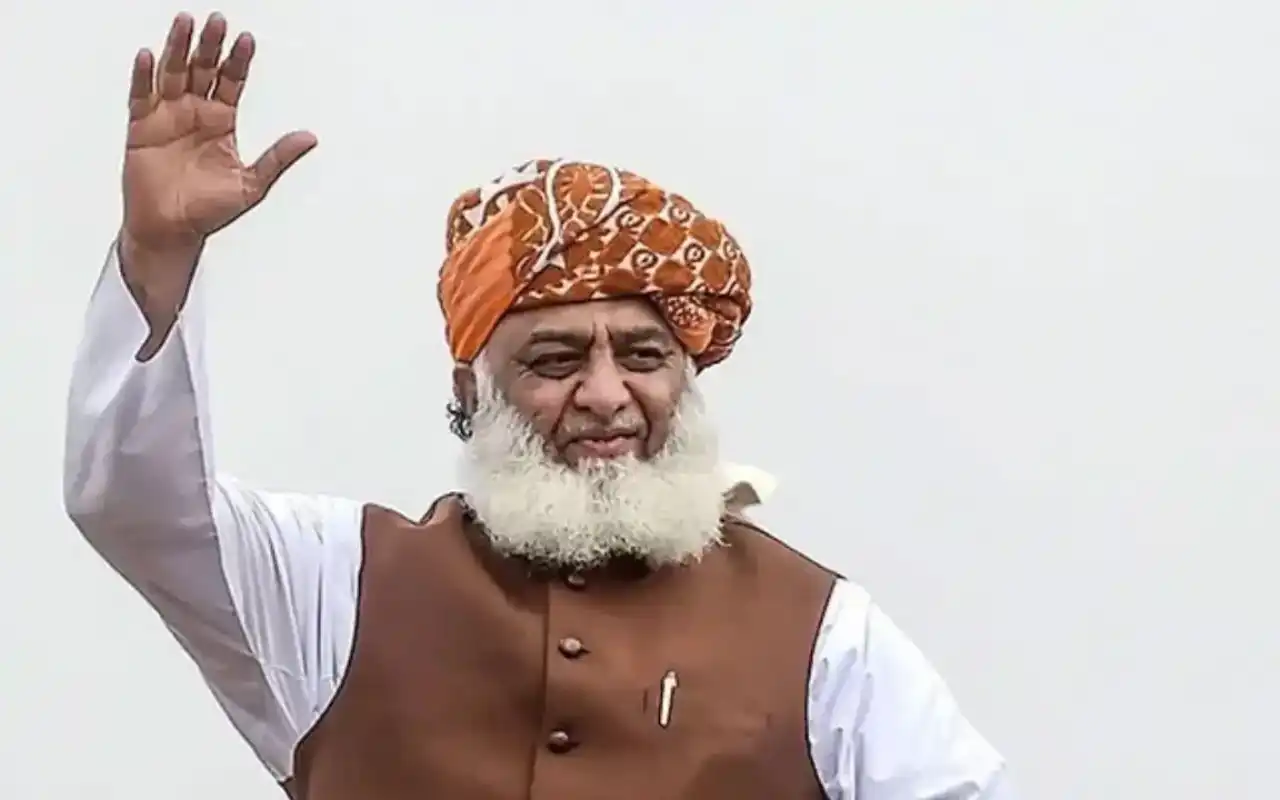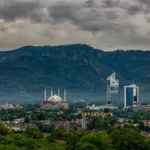Head of Jamiat Ulema-e-Islam (F), Maulana Fazlur Rehman, has passionately reacted to recent Indian allegations of having control over Pakistan’s water supply by saying,
Even Modi’s father cannot stop Pakistan’s water.
Addressing a public gathering, Maulana Fazlur Rehman condemned Modi’s aggressive posture and rhetoric toward the Indus Waters Treaty. He argued that India’s prospects of blocking Pakistan’s water supply are not only a threat but also legally impossible to execute because of international law.
The JUI-F leader stated,
India cannot dare to stop our water. The rivers that flow into Pakistan are our right under the Indus Waters Treaty, and no one can take that away from us.
India’s Water Threats
In more recent years, India and Pakistan’s tensions over water have grown. Time and time again, Indian representatives have suggested that the Indus Waters Treaty — a water-sharing agreement signed in 1960 under the supervision of the World Bank — will be revisited.
According to the treaty, Pakistan has dominion over the waters of the Indus, Chenab, and Jhelum rivers, where India controls the Ravi, Beas, and Sutlej.
The treaty has mostly settled into place despite political strife. However, the Indian claims in response to parleys have raised apprehensions within Pakistan regarding the potential blockage of the water supply.
Ignoring India’s deteriorating global reputation for the past decade, Maulana Fazlur Rehman dismisses the threats responding to the so-called Indian aggression as “empty talk,”.
Call for Countrywide Cohesion
As for social calls, Maulana has also asked the Pakistani citizenry to remain in one body against the unified external manipulators. He assured that Pakistan’s security perimeter, sovereignty, and even water resources are sacred and need to be an overarching protected mantra.
No country, including India, he said, has the right, legal or immoral, to dictate “nature’s benefits” to us; instead, let us be united and give great responses.
Social Media Response
His audacious comments have earned him applause across social media, with a small part of the users supporting his hostile position. Thousands of them have been using the hashtag #ModiWaterThreat on X (formerly Twitter), articulating their opinions.
Maulana’s remarks swept through social media like wildfire. Sceptics and supporters alike heralded him for his boldness on an otherwise delicate topic. Even ex-cricketer Shoaib Akhtar weighed in with his usual flair:
Because Modi ka baap is perhaps a water buffalo in his agla janam.
With this, Akhtar added some caustic yet comical spice to the ongoing discussion.
Some analysts believe these statements are perhaps meant as a show by Indian politicians to gain votes and public approval ahead of elections, while warning against the usage of these politics preying upon the water issue.
With water security issues gaining importance in South Asia, responsible action is expected from the leaders of both nations. Peace and cooperation attained through strong statements might wow crowds, but diving applause does not yield results.
In this regard, long-term strategies are always better. Fazlur Rehman puts forth the fact that standing on one’s national rights without succumbing to fear or panic is imperative.








